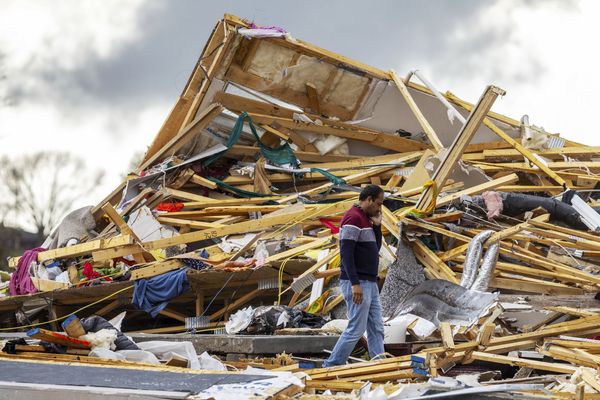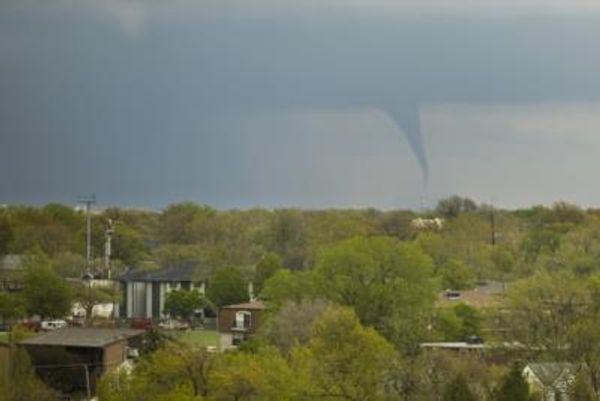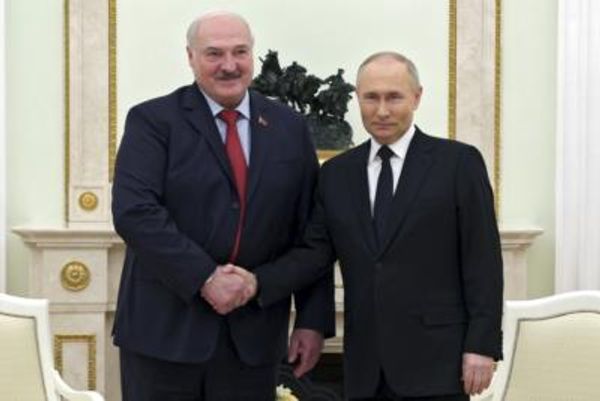
The Russian invasion of Ukraine was supposed to be a quick affair—Putin called it a special military operation—with the latter capitulating meekly in the face of overwhelming odds. Contrary to expectations, however, the conflict has lasted months with troop manoeuvres, bombardments and destruction of civilian areas and the attendant casualties. The scales had been balanced somewhat with Western arms and political support for Ukraine as well as economic sanctions against the aggressor.
Russia is, however, a large country with a population of over 140 million, a nuclear weapons state and a former superpower whose elite bitterly resent their country’s fall from power and influence with the end of the Cold War. Failure to gain a quick victory in Ukraine only amplifies this sense of resentment. So, when Putin’s order for mobilization includes vows to defend Russian interests with “all the systems available to us", and is also peppered with references to supposed “neo-Nazis" in the Ukrainian regime, the rest of the world must sit up and take note.
You might also like
The law that can be a boon for Vodafone Idea
Why investors are upbeat about PSU bank stocks
How much can Indian market resist Fed rate-hike impacts?
An Indian student's cheat sheet to bagging education loan
Both the nature of conflict on the ground and the Russian narrative around it will inevitably revive memories of the large-scale devastations of World War II, a conflict in which Russians suffered the greatest loss of lives among the Allied powers.
Meanwhile, as the conflict continues, differences are also sharpening between other players in global and regional politics.
The Communist Party of China that sees itself in existential conflict with the liberal West has displayed an extraordinary political commitment to the Russians sending two of its seven-member Politburo Standing Committee, Li Zhanshu first and then General Secretary Xi Jinping himself, to meet with Putin in the space of just the last two weeks. For his part, US President Joe Biden has called Putin’s actions a “shameless violation" of the United Nations charter at a speech at the UN General Assembly on Wednesday.
Smaller powers have their own role to play with Turkey’s Bayraktar drones being used to devastating effect by the Ukrainians while the Russians have latterly made a comeback using Iranian drones. Others like India, for example, attempt to run with the hares and hunt with the hounds. Putin’s executive order, however, makes not just this balancing act ever more difficult, it also increases pressure on those like China to provide still greater support to Russia in order to stave off potential setbacks, or even defeat.
As things stand and given that the use of nuclear weapons is extremely unlikely, the conflict is likely to be protracted. Indeed, Russia’s partial mobilization does not necessarily resolve the fundamental problem its military faces of poor motivation, training and leadership.
However, the very fact that nuclear weapons are once again being referred to by global leaders speaks of the shortcomings of the current international order. Bloc politics based on ideological divisions is returning to the fore of global politics. Except that unlike in the Cold War with its two superpowers and a supporting cast of players, the world is now crowded with more evenly matched conventional military and nuclear weapons powers, each with global, and especially regional, ambitions of their own.
The Russian invasion of Ukraine and Putin’s continued willingness to fight–all the while blaming the Ukrainians and the West of bad faith in negotiations–confirms the descent of a once mighty superpower to the ranks of the merely important military powers. It also represents a trend in global politics where an exalted self-image and historical resentments drive countries to both make global claims as well as completely undermine those ambitions with the pursuit of narrower aims such as regime survival or regional dominance.
In the age of global warming, therefore, expect more regional political hotspots to turn into military conflagrations.
Elsewhere in Mint
In Opinion, Shruti Rajan writes on two eternal dilemmas of insider trading enforcement. Anjani Trivedi questions many assumptions of the EV industry. Sandeep Bhatia writes on a solution to global hunger that's right within our reach. Long Story tells how Lemon Tree Hotels prunes itself for smart growth.







